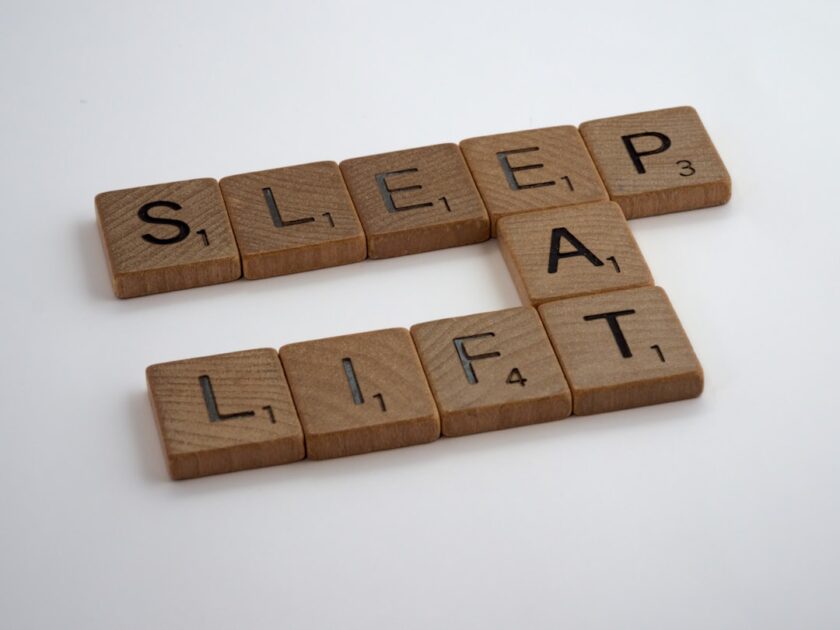What is Mental Health?
Mental health refers to our emotional, psychological, and social well-being. It affects how we think, feel, and act in daily life. Good mental health is more than just the absence of mental illness; it is a state of overall well-being.
Why is Mental Health Important?
Mental health is crucial for several reasons:
- Overall Well-Being: Positive mental health contributes to overall well-being, impacting physical health, relationships, and productivity.
- Work Performance: It plays a significant role in how we handle stress, relate to others, and make choices.
- Quality of Life: Good mental health enhances the quality of life, making it easier to manage challenges and enjoy life’s pleasures.
What are Common Mental Health Disorders?
There are various mental health disorders that affect individuals differently. Some common ones include:
- Depression: A mood disorder causing persistent feelings of sadness and loss of interest.
- Anxiety Disorders: These include disorders like generalized anxiety disorder, panic disorder, and social anxiety disorder.
- Bipolar Disorder: Characterized by extreme mood swings from depressive lows to manic highs.
- Schizophrenia: A severe disorder that affects how a person thinks, feels, and behaves.
- Obsessive-Compulsive Disorder (OCD): Involves unwanted repeated thoughts (obsessions) and actions (compulsions).
What are the Symptoms of Mental Health Disorders?
Symptoms can vary widely based on the disorder, but common signs include:
- Persistent sadness or low mood
- Irregular sleep patterns (insomnia or oversleeping)
- Changes in appetite or weight
- Loss of interest in activities once enjoyed
- Difficulty concentrating or making decisions
- Feelings of hopelessness or worthlessness
- Increased sensitivity to sensory input (light, sound, etc.)
How Can You Maintain Good Mental Health?
Maintaining good mental health requires proactive steps. Here are some effective strategies:
- Regular Exercise: Physical activity can greatly enhance mental well-being.
- Balanced Diet: A nutritious diet rich in fruits, vegetables, and whole grains can support brain health.
- Social Connections: Maintain meaningful relationships and seek support from friends and family.
- Mindfulness and Meditation: Practicing mindfulness can reduce stress and promote relaxation.
- Professional Help: Consult with a therapist or counselor for strategies tailored to your needs.
What Resources are Available for Mental Health Support?
There are numerous resources available for those seeking support for mental health:
- Hotlines: National helplines provide immediate assistance. Examples include the National Suicide Prevention Lifeline.
- Therapists and Counselors: Finding a licensed mental health professional can provide guidance.
- Support Groups: Joining a support group for shared experiences can be helpful.
- Online Resources: Websites and online services dedicated to mental health offer information and self-help strategies.
What Steps Can You Take if You or Someone You Know is Struggling?
If you or someone you care about is exhibiting signs of mental health issues, consider the following actions:
- Encourage Open Communication: Talk about feelings in a safe and non-judgmental environment.
- Promote Professional Help: Suggest seeing a therapist or counselor for professional support.
- Be There: Offer your presence and listen without trying to “fix” the problem.
- Educate Yourself: Understanding the mental health issue can foster empathy and support.
How Does Mental Health Impact Physical Health?
Mental health and physical health are closely related. Poor mental health can lead to:
- Increased risk of chronic diseases like heart disease, diabetes, and obesity.
- Weakened immune system, making it harder to fight off diseases.
- Unhealthy behaviors, such as substance abuse or lack of exercise, further impacting physical health.
How Can I Help my Community Foster Better Mental Health?
Promoting mental health in your community can be a rewarding endeavor. Here are some ideas:
- Organize Awareness Campaigns: Focus on educating the community about mental health issues.
- Create Safe Spaces: Establish areas where people can gather and talk about mental health.
- Advocate for Resources: Support initiatives to provide mental health resources in schools and workplaces.
When Should You Seek Professional Help?
It’s important to seek professional help when:
- The symptoms interfere with daily activities and functioning.
- You experience thoughts of self-harm or harming others.
- Feelings of sadness or anxiety are overwhelming and persistent.
- Substance abuse becomes a coping mechanism.
Conclusion
Mental health is a critical aspect of our overall health and well-being. Understanding its importance, recognizing symptoms, and knowing how to seek help can empower individuals to live fulfilling lives. Remember, it’s okay to ask for help, and taking care of your mental health is a sign of strength.



